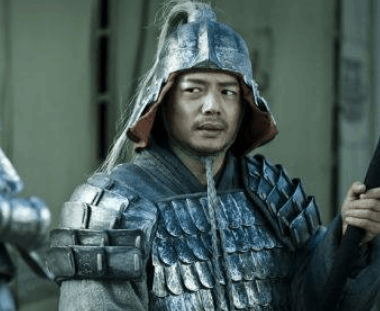In the historical stage of the Three Kingdoms period, Cao Cao successfully gained control of the central power core through the strategy of "using the emperor to command the vassals", thus paving the way for his unification of the north. However, Yuan Shao, another major power in the north, never took similar actions. Why didn't Yuan Shao kidnap Emperor Xian, like Cao Cao did? Why wasn't this strategy useful for him?

Firstly, we need to understand the geographical and political situation at that time. Yuan Shao's power was mainly distributed in the four states of Ji, Qing, Bing, and You, which were relatively far away from Xu County, the capital city during the late Eastern Han Dynasty. After controlling Emperor Xian, Cao Cao was able to issue orders in the name of the emperor largely due to his geographical advantage. If Yuan Shao wanted to follow suit, he would first have to ensure that he could safely move the emperor to his own territory, which was extremely risky and difficult to achieve in the chaotic environment at that time.
Secondly, Yuan Shao's political stance and ambition were also important factors. Unlike Cao Cao, Yuan Shao came from a powerful family of scholars and officials, and he tended to expand his power by allying with other powerful families. He may have believed that directly controlling the emperor would not necessarily bring him substantial benefits, but could instead cause vigilance and resentment among other vassals, which was not conducive to his alliance against Cao Cao.
Thirdly, Yuan Shao's ruling foundation was relatively solid, and he had strong popular support and the allegiance of local forces in the Hebei region. Therefore, he may have believed that he did not need to strengthen his legitimacy by controlling the emperor. Instead, he focused more on achieving military expansion and dominion rather than using political means.
Lastly, Yuan Shao's decision-making style and personality also influenced his behavior. Historical records portray Yuan Shao as suspicious and indecisive, often unable to make果断choices at critical moments. In contrast, Cao Cao was more daring and resourceful, able to quickly seize opportunities and take action.
In summary, factors such as geographical distance, political stance, ruling foundation, and personality differences共同作用, leading Yuan Shao not to adopt the strategy of "using the emperor to command the vassals". This choice reflects the differences between Yuan Shao and Cao Cao in power operations and political wisdom, and also预示stheir different fates on the road to power competition. Yuan Shao failed to seize the opportunity to utilize the emperor and ultimately lost to Cao Cao in the Battle of Guandu, causing his dream of domination to remain unrealized.
Disclaimer: The above content is sourced from the internet and the copyright belongs to the original author. If there is any infringement of your original copyright, please inform us and we will delete the relevant content as soon as possible.






























